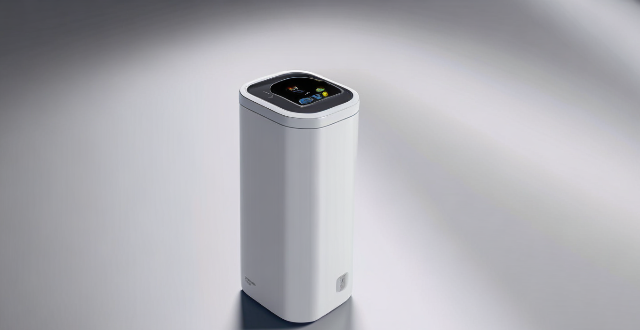Overcharging a smartphone battery can potentially damage it. Smartphones typically use Li-ion or LiPo batteries, which are designed to prevent overcharging through mechanisms that stop the flow of electricity once the battery is fully charged. However, leaving the phone plugged in for extended periods can still pose risks like accelerated battery aging and degradation of battery health. To ensure the longevity of your smartphone's battery, it is recommended to avoid prolonged charging, use official chargers, monitor battery health, and store the phone properly.

Can Overcharging Damage a Smartphone Battery?
Introduction
The question of whether overcharging can damage a smartphone battery is a common concern among smartphone users. In this response, we will delve into the topic and provide a comprehensive understanding of the potential effects of overcharging on smartphone batteries.
---
Understanding Smartphone Batteries
Smartphones typically use lithium-ion (Li-ion) or lithium-polymer (LiPo) batteries. These types of batteries have become popular due to their high energy density, long lifespan, and low self-discharge rate. However, they are not immune to damage from mishandling, including overcharging.
---
How Charging Works
When you plug your smartphone into a charger, it starts to charge the battery by pushing electricity through it. This process converts electrical energy into chemical energy, which is stored in the battery. Once the battery is fully charged, the charging circuit within the phone stops the flow of electricity to prevent overcharging.
---
Overcharging: Myth or Reality?
Myth: Many people believe that leaving their phone plugged in overnight can cause damage to the battery due to overcharging.
Reality: Modern smartphones are designed with mechanisms to prevent overcharging. Once the battery reaches 100%, the phone stops drawing power from the charger or switches to a trickle charge mode.
---
Potential Risks of Overcharging
While modern smartphones have safeguards against overcharging, there are still some potential risks associated with prolonged charging:
1. Battery Aging: Leaving your phone plugged in for extended periods can lead to slight increases in temperature, which can accelerate battery aging.
2. Battery Health: Prolonged exposure to high voltages can degrade the health of the battery over time.
3. Safety Concerns: In rare cases, faulty batteries or chargers can pose safety risks, such as overheating or even catching fire.
---
Best Practices for Charging Your Smartphone
To ensure the longevity of your smartphone's battery, follow these best practices:
- Avoid Prolonged Charging: Try not to leave your phone plugged in overnight or for extended periods.
- Use Official Chargers: Use chargers provided by or approved by your smartphone manufacturer to minimize the risk of damage.
- Monitor Battery Health: Keep an eye on your phone's battery health using built-in tools or third-party apps.
- Store Properly: Avoid storing your phone in extreme temperatures, as this can also affect battery health.
---
Conclusion
In conclusion, while modern smartphones have mechanisms to prevent overcharging, prolonged charging sessions can still pose potential risks to your battery's health and longevity. By following best practices for charging and caring for your smartphone, you can help ensure that your battery lasts as long as possible.